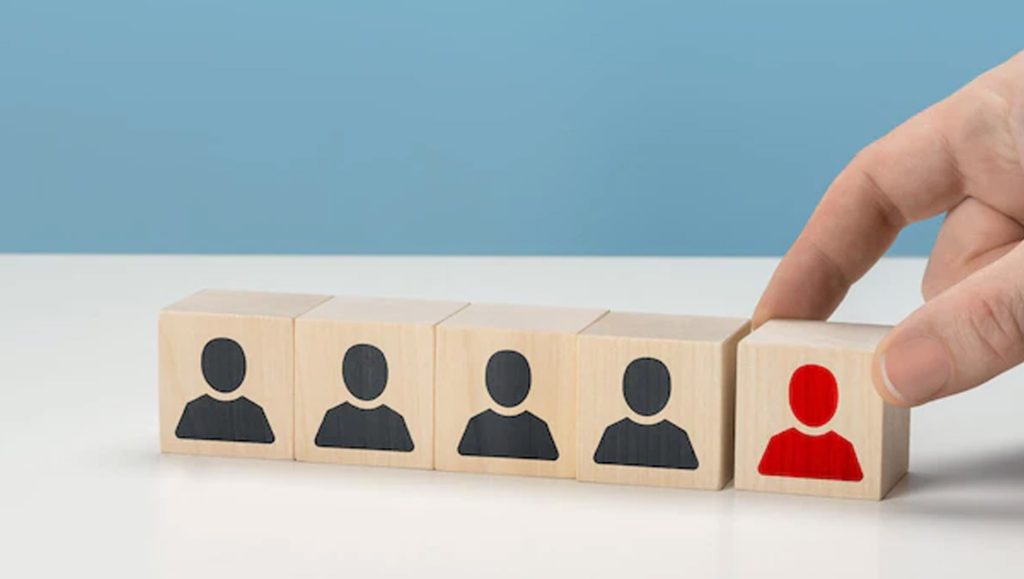Amidst a backdrop of increasing emphasis on data privacy via the introductions of the General Data Protection Regulation and California Consumer Privacy Act, nearly half of consumers in North America (45%) would be willing to share their data if it meant that it would enhance their customer experience (CX), according to a new study from global Fintech leader Broadridge Financial Solutions, Inc.
The annual study, which surveys the opinions of more than 3,000 individuals in North America on topics relating to consumer experience and essential communications, revealed that consumers’ desire for enhanced experiences coincided with an even stronger sentiment around the need for more data privacy legislation. In fact, more than 84% want more legislation that increases their ability to protect and control the personal data they provide companies, as well as greater transparency on how their data is used.
Read More: DigiPlex Brings Home Gold And Silver From Corporate Content Awards
“Data privacy concerns are at a peak, and yet consumers are placing immense value on their experiences and are willing to share more of their personal data if it enhances the services they receive in return,” said Matt Swain, managing director and practice lead for communications consulting services at Broadridge. “Data is the bedrock of customer experience and providers of essential communications, like bills and statements, have a significant opportunity to modernize the way they customize consumers’ experiences. This can only be done if they are clear about what data is needed, how it will be managed and, ultimately, how it will improve the lives of their customers – on and offline.”
Demand for Paperless Communications Rises, and Companies are Missing Out
When it comes to essential communications, interest in going digital is growing. Compared to the 45% who prefer paper, two out of three respondents (67%) switched at least one bill or statement to paperless in the last year.
Although there’s increasing demand for digital bills and statements, the data suggests a missed opportunity for companies to grow paperless adoption, customer engagement and convenience at the onset of the relationship, while cutting costs. Only four out of 10 consumers were asked to go paperless when they opened a new account and 29% said that they were never asked at all.
In terms of motivations for going paperless, most respondents (72%) agree that reducing clutter was their primary reason for switching to online communications from their providers this past year.
Read More: Rising E-Commerce Activities Will Be The Key Driver For Global Cyber Security Market Growth
Helping Consumers Take Financial Control with Advanced Features
Consumers making the leap to paperless are also increasingly looking to get more out of their bills and statements so they can take control of their finances. In fact, 72% would prefer advanced options, such as customizable dashboards, to control the look and feel of bills and statements. For those who have investment or retirement funds, insights and recommendations on their activities and spending relative to their financial goals are increasingly important (59%).
Interestingly, nearly one-third (29%) of respondents say they never review their bills or statements for reoccurring “zombie subscriptions,” which often hit consumers’ bank accounts unexpectedly.
Beyond customization of communications, consumers also want centralized delivery and storage options for bills and statements in the cloud (40%), particularly when it comes to accessing important and time-sensitive financial information. More than two-thirds (69%) of respondents say having all their financial documents in one archived location would make things like filing taxes much easier.
“Companies have the opportunity to transform the customer experience through bills and statements,” added Swain. “By reframing these household communications, companies can create more meaningful engagement with their consumers, helping simplify and organize their bills and statements, while also creating new layers of brand equity and additional revenue opportunities.”
Read More: Cincinnati Bell Launches Next Generation Video Platform With Vecima





















